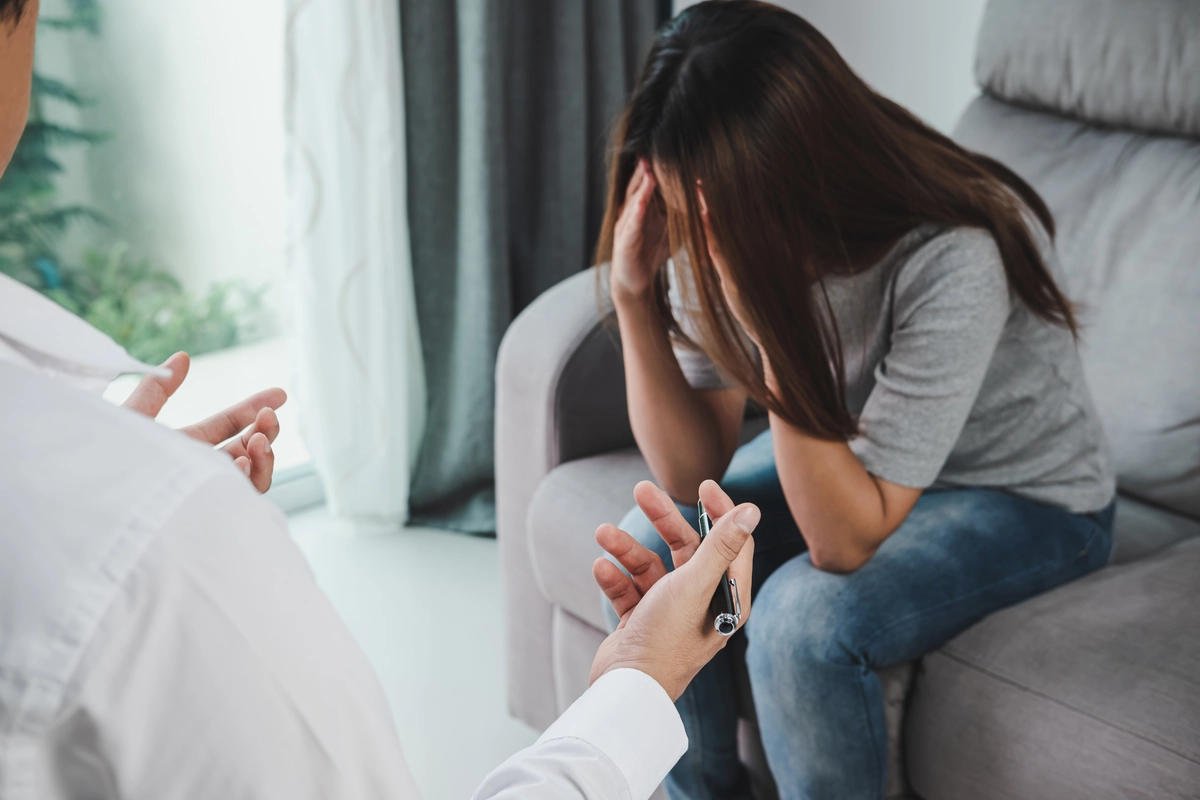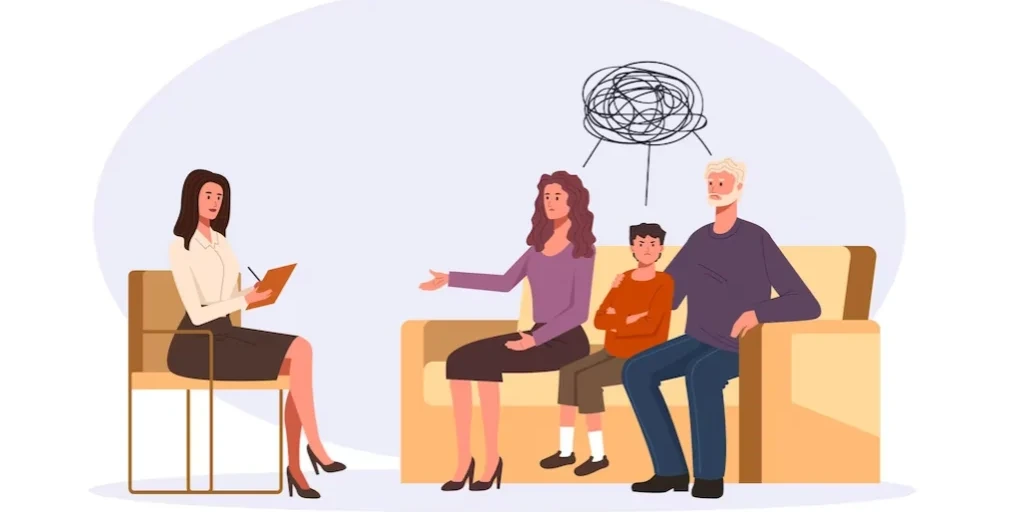24/7 Helpline:
(866) 899-221924/7 Helpline:
(866) 899-2219
Learn more about OCD Treatment centers in Bee County

Other Insurance Options

Lucent

Oxford

Magellan Health

Medical Mutual of Ohio

State Farm

Sutter
Beacon

Optum

MVP Healthcare

Premera

Private insurance

Health Choice

Choice Care Network

ComPsych

MHNNet Behavioral Health

Group Health Incorporated

BHS | Behavioral Health Systems

Molina Healthcare

CareFirst

WellPoint





















































Council on Alcohol and Drug Abuse – Coastal Bend
Council on Alcohol and Drug Abuse – Coastal Bend is a private rehab located in Beeville, Texas. Coun...






















